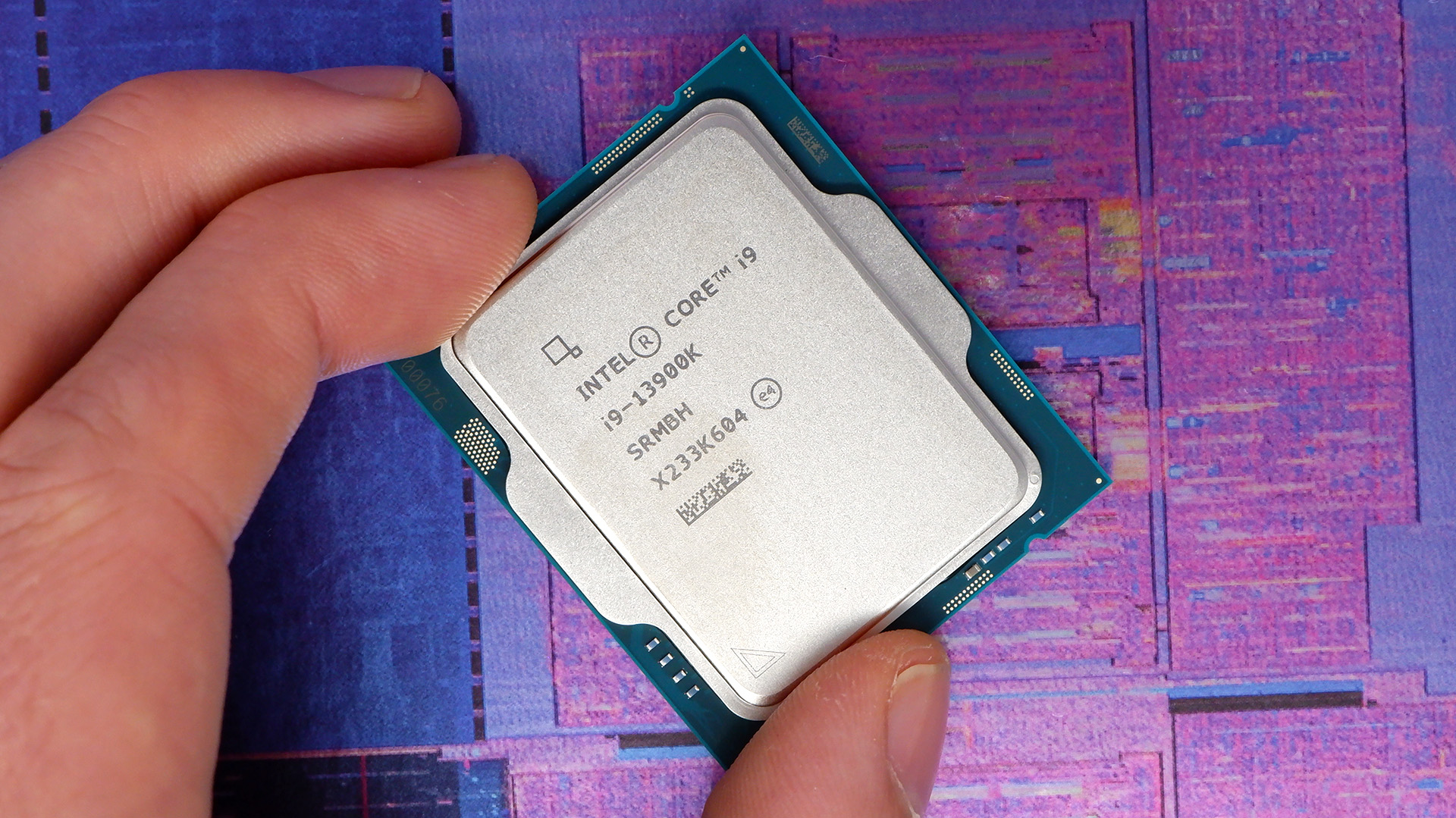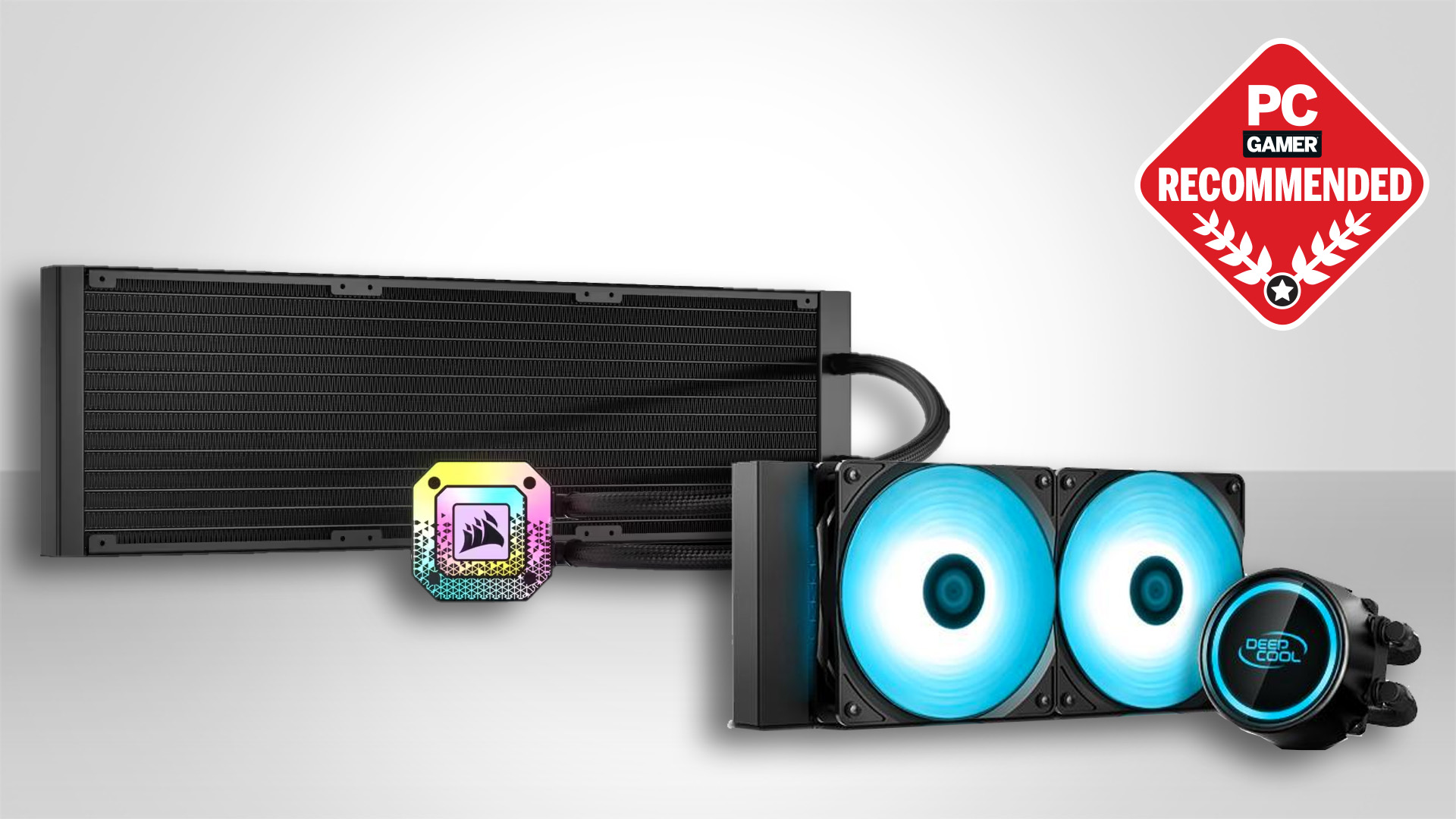
It's been an unfortunately rocky road so far for at least some Intel 13th and 14th Gen gamers, and game developers are experiencing stability issues seemingly caused by the processors, too. There have been numerous attempted diagnoses and fixes, but all have fallen flat, as tech YouTuber Level1Tech (via Videocardz) has investigated and found Intel CPUs are still facing massively disproportionate stability issues.
We also seemingly have further confirmation of the severity of the problem from game studio Alderon Games—developer of dino survival game, Path of Titans—which states in no uncertain terms that "Intel is selling defective 13-14th Gen CPUs" and the failure rate for affected processors is "nearly 100%."
It's referencing reports from across the board, too, counting players, server providers, and its own development team.
Back in February, we reported that RAD, a division of Epic, pointed the finger at Intel 13900K and 14900K processors regarding Unreal Engine game crashes occurring alongside Oodle data compression errors. Since then, Intel's stance has been to recommend changes to power profiles in the UEFI/BIOS, leading some manufacturers, such as Asus, to add an Intel Baseline Profile.
Following this, Intel patched a bug that it told Tom's Hardware "is not the root cause" of the stability issues but is "potentially contributing to instability." The issue in question was with eTVB (Enhanced Thermal Velocity Boost), which seemed to lend more credence to the idea that it could be a problem with power or thermals getting too high.
However, RAD noted that although the 13900K and 14900K chips faced the most issues, other Raptor Lake Intel chips were facing problems, too. And these lower-end chips don't even have eTVB. Curious.
Now, Level1Tech has analysed data from some game crash reports, both on the client side and the game server side, and has found that over 90 days, 1,431 of the 1,584 errors were spat out by Intel 13th and 14th Gen systems.
Lending further credence to the possibility that this isn't merely a power or thermal issue, they spoke to a datacenter service provider which told them that "support incidents have been unusually high for [the Intel 13th or 14th Gen] configuration" and that "something isn't right with the 13900K and 14900K." This is important because these datacentres use motherboards that keep power limits and temperatures low for stability—yet they are still experiencing issues.
There are hints that, rather than the problem being merely temperature- or power-related, it might be to do with chip degradation. In a recent discussion with Gamers Nexus, Level1Tech said that the failure rate was 50% over a 7-day period with Asus and Supermicro datacentre motherboards. This could possibly be because datacentre CPUs are under more consistent loads for longer periods of time, which potentially lends more credence to the degradation theory.
Alderon Games seems to be onboard with the degradation theory-supporters, stating that "despite all released microcode, BIOS, and firmware updates, the problem remains unresolved," and "over the last 3–4 months, we have observed that CPUs initially working well deteriorate over time, eventually failing." Shockingly, the game studio also says that "the failure rate we have observed from our own testing is nearly 100%, indicating it's only a matter of time before affected CPUs fail."
Intel Raptor Lake CPUs, both the original 13th Gen processors and their 14th Gen refreshed models, have been some of the best CPUs for gaming and boost up to some seriously impressive clock speeds, with the 14900K's boost clock sitting at a whopping 6 GHz. Naturally, temperatures can get high when silicon is pushed to such levels, and this is usually what gamers focus on, because we tend to assume that CPU temps are, to some extent, a joint venture between us and the manufacturer to the extent that we can change things based on which CPU cooler we use.

Best AIO cooler for CPUs: Keep your chip chill.
Best air cooler for CPUs: Classic, quiet cooling.
We also tend to assume that, setting aside our free choice to overclock or undervolt, the other thing affected by high clock speeds—voltage—is adequately regulated and managed by the CPU and motherboard. In other words, we're somewhat at the mercy of the CPU and motherboard manufacturers on the voltage front.
But if things are pointing away from power and temperature being the culprit for these Intel CPU crashes, as does seem to be the case, and if things continue pointing towards chip degradation, we may very well be looking at something else.
We've asked Intel for comment, about whether it knows what the issue is and whether it might rear its head with the upcoming Arrow Lake chips, too, and we'll let you know as soon as we have anything concrete.







